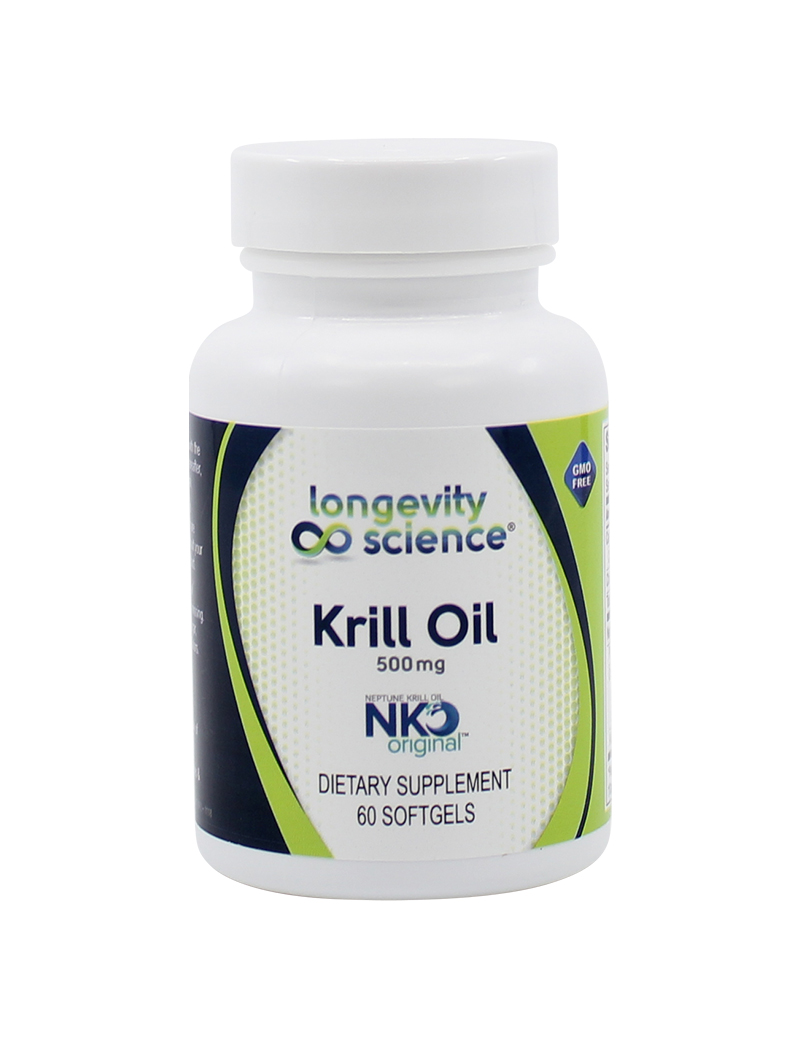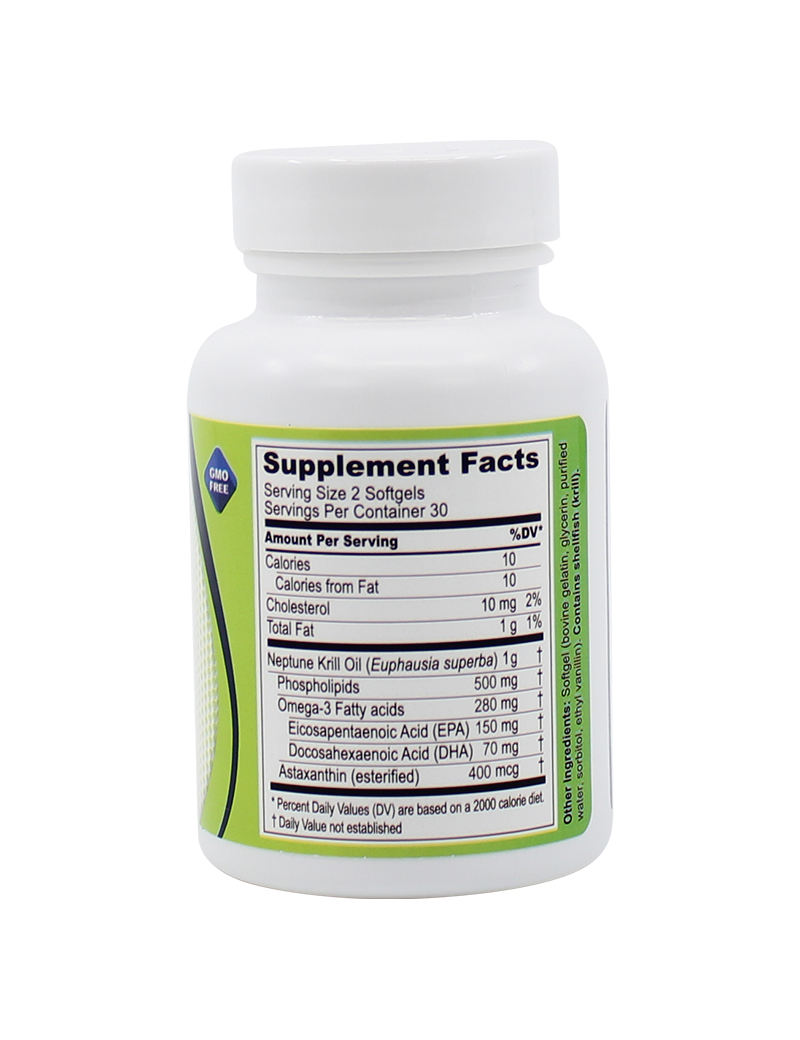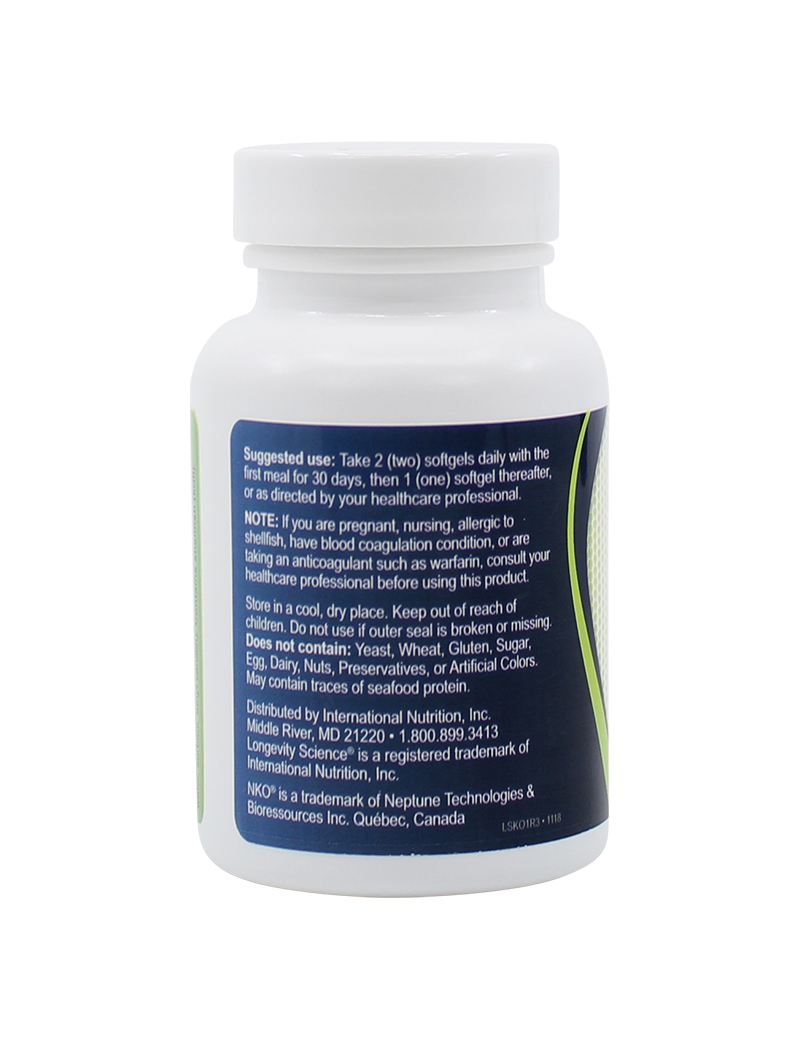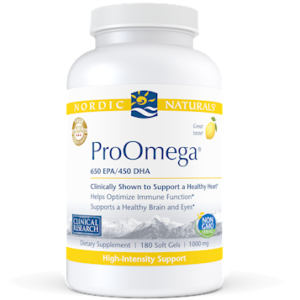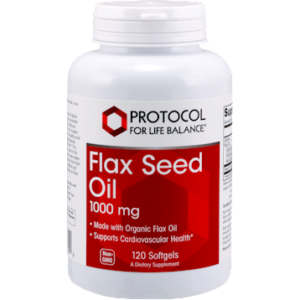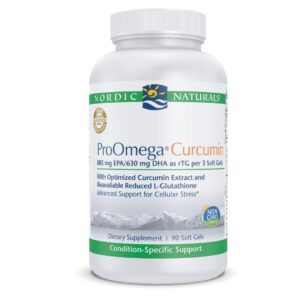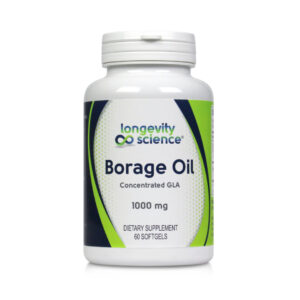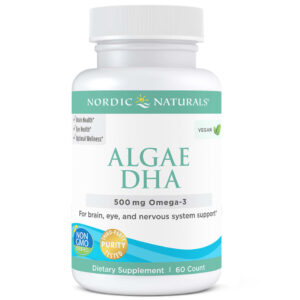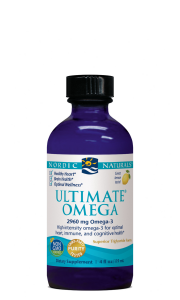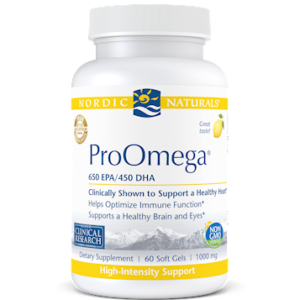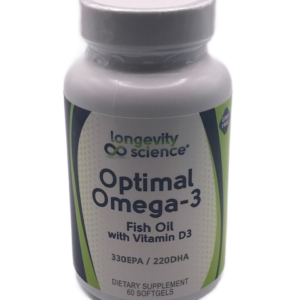Description
Longevity Science Neptune Krill Oil (NKO) is the first product featuring phospholipids specially integrated with omega-3 fatty acids for building healthy cell membranes. NKO also contains antioxidants. Longevity Science NKO Krill Oil is rich in astaxanthin, a natural carotenoid which is more powerful than beta carotene. Krill Oil has over 300 times the antioxidant power of Vitamin C or Vitamin E, over 34 times the power of CoQ10, and more than 47 times the power of lutein, according to ORAC testing methods(1). In addition to antioxidants, NKO Krill Oil also contains phospholipids and omega-3 fatty acids.
Phospholipids are the primary structures of human cell membranes and the “gatekeepers” of cells. The most predominant phospholipid in Krill Oil is phosphatidyl-choline. Choline is a precursor for the neurotransmitter acetylcholine, and for trimethylglycine, a methyl donor and known liver protector(2). C-reactive protein (CRP) is produced by the liver and is present in times of inflammatory response(3). It is well-known that high CRP is an important indicator of risk of coronary heart disease (CHD)(4), specifically atherosclerosis, which in turn may give rise to ischemic heart disease (IHD), myocardial infarction (MI) and stroke(5). NKO Krill Oil has been shown to significantly decrease elevated C-reactive protein levels in a controlled human study. The study involved 90 patients, 45 receiving 300 mg of NKO Krill Oil daily, 45 receiving a placebo. There was over a 30% mean decrease in C-reactive protein levels in the NKO Krill Oil group after 30 days(6). There are several predictors of the risk of cardiovascular disease. High levels of total cholesterol, LDL cholesterol, and triglycerides, and low levels of “good” HDL cholesterol all have been long-standing indicators of risk of coronary heart disease. NKO Krill Oil was the subject of a controlled human study involving 120 patients with hyperlipidemia (elevated blood lipids). The study included groups receiving placebo, receiving 3 g fish oil daily, and those receiving 1 g, 1.5 g, 2 g, 3 g NKO Krill Oil daily for 90 days. After ninety days, all NKO Krill Oil groups showed significant decreases in total cholesterol, LDL cholesterol, and triglycerides, and simultaneous increases in HDL cholesterol. In the 1 g and 1.5 g Krill Oil groups, the patients were kept on a maintenance dose of 500 mg daily for another ninety days, and each group maintained significant corrections in all four markers as compared with baseline values(7). Another study conducted on Krill Oil involved Premenstrual Syndrome (PMS). In a controlled published study, 70 patients with PMS were asked to take either 2 g NKO Krill Oil or 2 g of 18:12 fish oil daily for 30 days, then continue dosing eight days prior to and two days after menstruation, for a total study time of three months. After both 45 and 90 days, there was a greater statistically significant improvement over a broader range of PMS symptoms in the NKO Krill Oil Group over the group taking fish oil. Symptoms improved by NKO Krill Oil included breast tenderness, stress, irritability, depression, joint pain, abdominal pain, weight gain, and bloating(8).
Neptune Krill Oil contains contains 400 mg of Phospholipids, 70 mg of DHA, 130 mg of EPA, and 750 mcg of Astaxanthin per two capsules.
Other ingredients: softgel (bovine gelatin, glycerin, purified water, sorbitol, ethyl vanillin). Neptune Krill Oil contains no yeast, wheat, gluten, sugar, egg, dairy, nuts, preservatives, or artificial colors. May contain traces of seafood protein.
Note: If you are pregnant, nursing, allergic to shellfish, have a blood coagulation condition, or are taking anticoagulations such as Warfarin, consult your health care professional before using this product.
Suggested use: 2 softgels daily with the first meal for 30 days, then 1 softgel thereafter or as recommended by your health care practitioner.
Each bottle contains 60 softgels.
1 ORAC Assay, Neptune Technologies and BioRessources, Nov 2003. 2 Dietary Reference Intakes for Thiamin, Riboflavin, Niacin, Vitamin B6, Folate, Vitamin B12, Pantothenic Acid, Biotin, and Choline. National Academy Press, 1998, p. 390 3 Christopher L., “C-Reactive Protein,” (Review) Medline Plus, US National Library of Medicine, Sept 2003. 4 Pasceri V, et al, “Direct Pro-Inflammatory Effect of C-Reactive Protein on Human Endothelial Cells,” Circulation, 2000 Oct 102 (18): 2165-8. 5 Paoletti R., et al, “Inflammation in Atherosclerosis and Implications for Therapy.” Circulation, 2004 Jun 109 (23 Suppl 1): 1120-6. 6 Sampalis F, unpub clinical study, 2004. 7 Bunea R, et al, unpub clinical study, 2004. 8 Sampalis F, Alternative Medicine Review, pp. 175-176.

